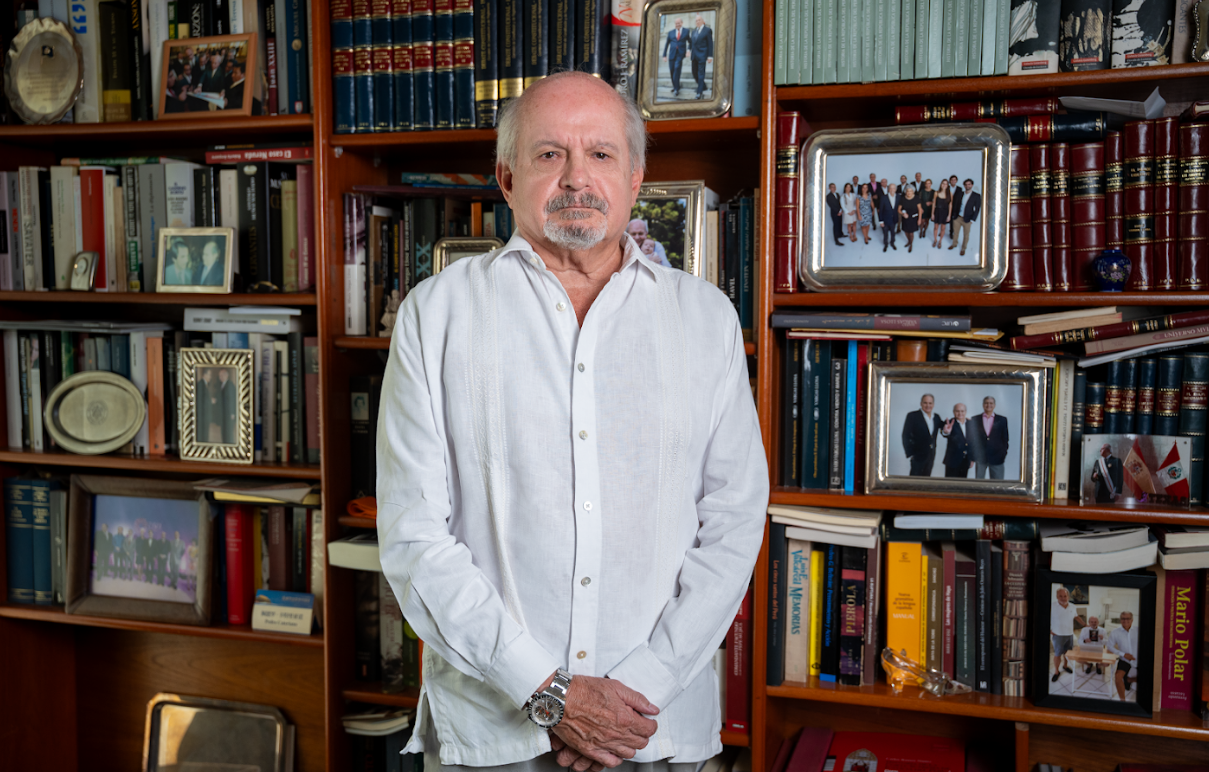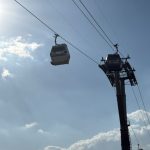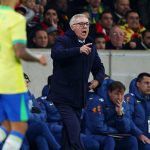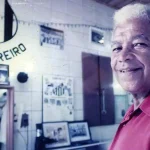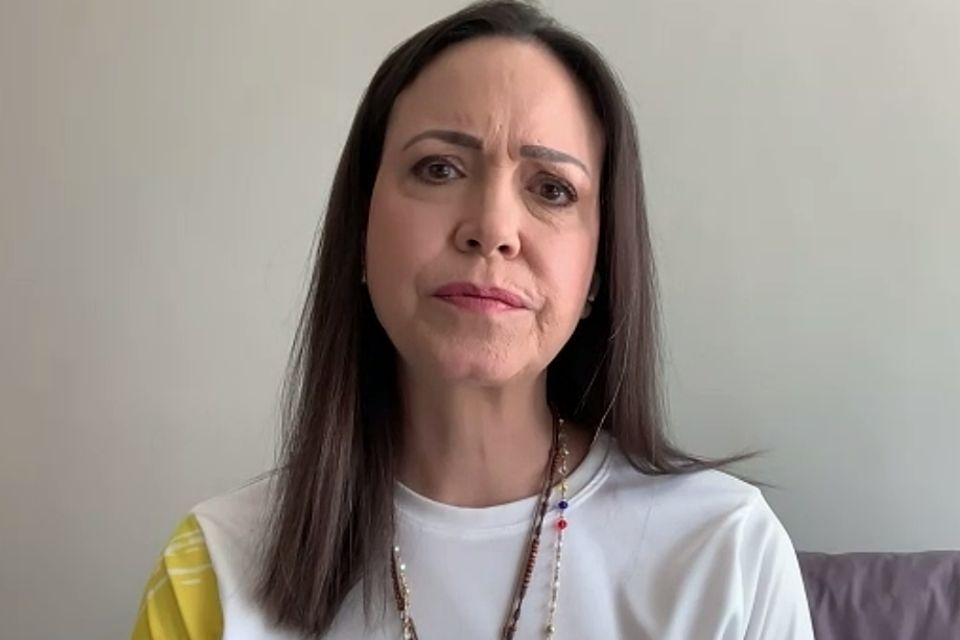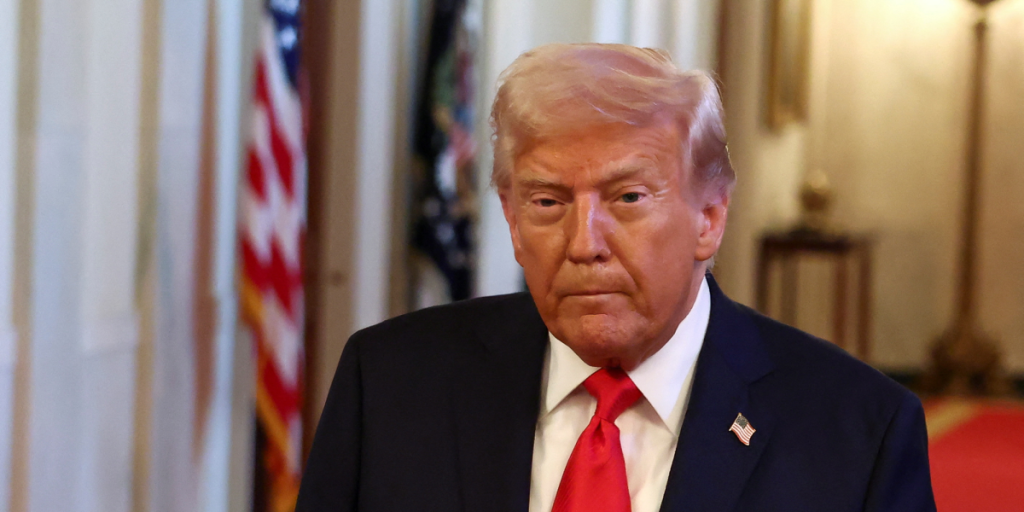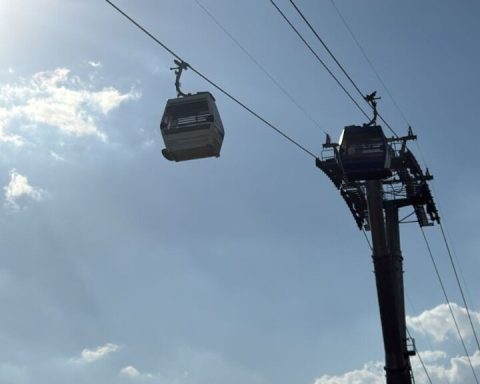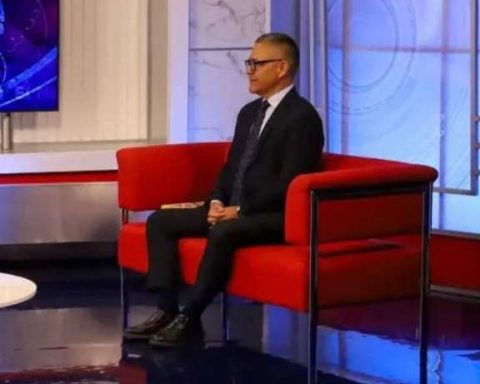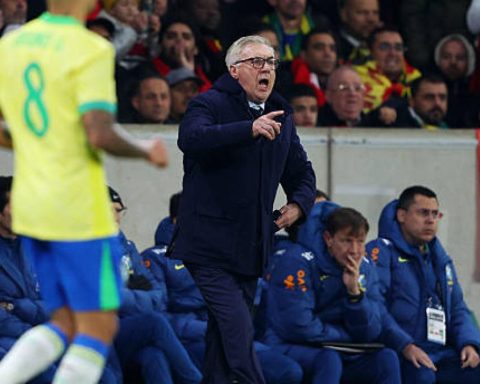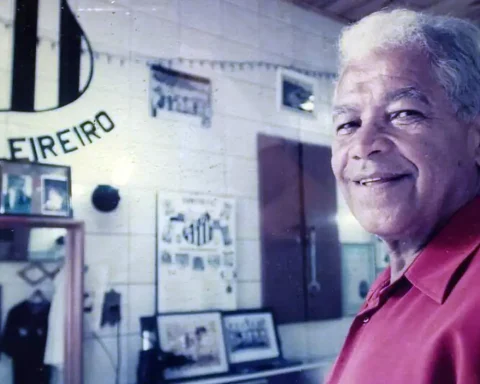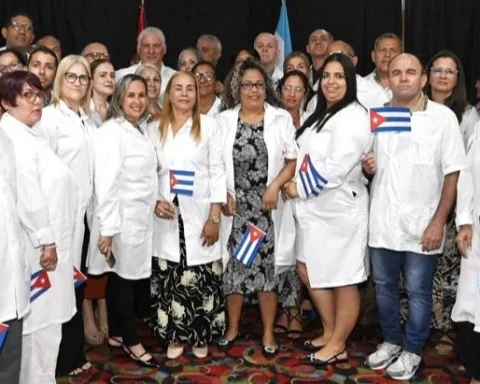Mario Vargas Llosa Not only was it one of the most recognized writers in recent times. Along with his intense literary activity, in which he obtained two of his greatest awards, such as the 2010 Nobel Prize for Literature and his incorporation into the French Academy in 2023, Vargas Llosa also brought an intense political activity that he reflected in hundreds of opinion articles (many of them of unpopular cut) and in political activism (he was a candidate for the presidency in the late 80s). About him Vargas Llosa Politics is still much to write and reason is not lacking, since the political issue for Vargas Llosa could well mean a non -fiction novel in which all their emotional drives and ideological convictions converge.
In this sense, the political biography of Pedro Cateriano, Vargas Llosa, his other great passion (Planet, 2025), order a political trajectory that could well have all the components of an adventure novel. Cateriano receives a The Republic To talk about this publication that, to value it, must be read objectively. Let’s never forget that a character like Vargas Llosa, so he will not appear one day to another.
-The book part of the admiration.
-So is and also of a pending debt. The work has been done in several stages, there was first a small biographical text that I wrote for the UPC, when it was published 20 Peruvians of the twentieth century. And also part of a thesis. The presidential campaign was the issue of my doctoral thesis and then I did a research work in files to verify and compare data. After he wrote the masterful book El Fish in the water, things appeared, events that he at the time did not take them into account.
-As which one?
For example, the issue of telephone espionage that occurred during his presidential campaign. It was very difficult for me to obtain that report from the Senate Investigation Commission, which is entirely and for the first time it is published in a QR in a book. The idea is that the reader also understands the adversaries he faced. Now, there are times when you agree with a person you admire, but there are also discrepancies, that is, the entire stage of their action as a member of the Cahuide card. The pronouncements he had in his stage as admirer of the Cuban revolution, I frame there a distance that shows and a discrepancy that is perceived.
-Of young, Vargas Llosa was not a young politics enthusiast, he did not hesitate.
-Vargas Llosa from a young age believed in social justice, his relationship with Leoncio Prado opened his eyes in terms of the social differences of Peru and then his passage through San Marcos were fundamental. If we add to that the impact that the blow of Odría had on him, which served as material for his masterful novel Conversation in the cathedralone appreciates a Mario Vargas Llosa, indeed, as you point out, that he was truly committed to what he believed and professed, the socialism in freedom, which he later verifies with the study of Marxism-Leninism in the Cahuide group and with the totalitarian indoctrination in the card, which was not in what he believed, because he felt suffocated. Arias Schreiber comes to qualify as a sub -man. But then, when the phenomenon of the Cuban revolution arises, it adheres. He makes him compromised, at that time his teacher was Jean Paul Sartre.
-But then he is disappointed by Fidel Castro.
-Cronto will realize that there were things that they did not like, such as the UMAP (military units of support to the population) that stopped homosexuals, the invasion of Czechoslovakia, to which he responds with an article, “socialism and tanks.” Vargas Llosa He is the first writer and intellectual of prestige who dares to publicly disagree with Fidel Castro And at that time the cult of personality of Fidel Castro.
-This aveversion of Vargas Llosa to the tyrannies starts from three fundamental facts: the father, the abuse that was about to suffer on account of a priest and the dictatorship of Odría.
-Exactly. The authoritarianism and violence of the father. The attempted abuse was what moved him away from the Catholic religion. And Odría’s blow to Bustamante and Rivero in 1948. Bustamante and Rivero was very dear to the maternal family of Vargas Llosa. The whole Llosa family loved Uncle José Luis and he saw that the only one who celebrated Odría’s blow was his father. They are events that formed politically since childhood and adolescent.
-The historical stages recorded in the book seem like a horror cycle. We change names and dates, they seem current Peru.
-In the chapter “Commitment to Peru” detailed your political opinions from the 50s to the last general elections. If one makes a general review, an observer of the complex political and social reality of Peru can be seen in him, so much that at some point it was believed that we were already being discouraged in Peru. Unfortunately, Zavalita’s question is still valid for the facts we are seeing lately in the country. Especially in the last 10 years.
-In this stage you were protagonist.
-I have been minister twice. Twice I was questioned by Congress. In the first, they did not deny me the vote of trust, but in the second yes. I remember that day I had gone to Parliament at 9 in the morning and returned to my apartment at 6:30 in the morning of the next day. And the first call I received was that of Mario Vargas Llosa From Madrid. When I told him the results of the vote, I noticed a silence, such as the pain of the friend and the concern for everything that happened in Peru, in our country. Another of the saddest moments, was when he lost the elections to Alberto Fujimorinaturally in the 90. But that was also compensated long, for example, when he won the Nobel literature in 2010and I was lucky to accompany him in Stockholm.
-In important as the Nobel Prize for literature, it was his entry to the French Academy in 2023.
-No in the best of his dreams, this young middle -class Sanmarquino who was already married to Paris to fulfill his promise of being a writer, who worked so hard, that he suffered deficiencies in Paris, He thought he would end up being incorporated into the French Academyit is something fantastic and that it will be very difficult for another Peruvian, that another Latin American, overcome those high fences that he has put us.
-Vargas Llosa was always antifujorist. The crisis that we live today was originated by Keiko Fujimori in 2016, since he did not let PPK govern. When he asks in the last elections to vote for Keiko and not for Pedro Castillo, what was: betraying his convictions or an act of love for Peru?
-It was an act of love for Peru. It reflects its civic commitment to Peru. He did not ask that he vote for Keiko Fujimori for being an exemplary candidate, but because she was the minor evil against the coup initiatives of Pedro Castillohow to suppress the Ombudsman, the Constitutional Court and modify the Constitution outside the Constitution procedure. The fact of having a rental belly like Free Peruled by a convicted and confessed communist radical, admirer of the Cuban, Marxist, Leninist and Mariateguista revolution, was the sum that motivated us to make that decision. And on the other hand, I think the time proved him right. The ephemeral coup d’etat Castle He proved that he had no democratic convictions and is unfortunate, but time, as I say, gave him the reason. Now, some say that it should have been silent, refrain. Some in politics believe that refraining is acting, but no. That has not been Mario’s behavior. Mario’s behavior has always been of action and solidarity. When he makes the decision to travel to Venezuela in full swing of the dictatorship of Hugo Chávezhe does it for solidarity with the Venezuelan opposition to Hugo Chávez. He suffered the abuse of the dictatorship, from the entrance they received it with insults. All Chavista machinery was against him. Hugo Chávez challenged him to a public debate and Vargas Llosa does not run, accepts that debate in the midst of the media and political scandal that was at that time in Caracas. Surely, Hugo Chávez He did not think that Vargas Llosa I would accept the challenge and in the end the one who ended up running was Hugo Chávez of that debate. That kind of gestures reflects that he has not only been a man of word, but of action. Vargas Llosa always condemned the dictatorship as a form of government. So on the right, on the left, civilians, military. One of the great problems of democratic inculture, not only Peruvian, but Latin American, is to believe that the hard hand, that the dictatorship solves the problems. And in that sense, Vargas Llosa’s behavior over time has been exemplary. Later you will receive fair recognition.
-He condemns him for the decoration of Dina Boluarte in March 2023.
-You have to see the context. He is given the decoration precisely when incorporated into the French Academy. It is the recognition made by the State. If that award had not accepted, perhaps a group would have also said is belittling the decoration of Peru because he is a Spaniard, a Spaniard now linked to France. Always the artero attack or the misrepresentation of the facts has been something objective against him. Also having received the medal from the Lord City Rafael López Aliaga It does not mean that she is López Aliaga’s admirer. It is a recognition that the city makes. What has distinguished him is not to receive, like others, decorations of dictators, in that I think it has been consistent. Mrs. Boluarte integrated a pair with some anti -democratic history, in addition, as a minister she behaved in a non -democratic way, endorsing everything she did Pedro Castillobut what is not under discussion is its access to power, its constitutional succession and I think that is what motivated it. His last political act was precisely to register popularly as a symbolic act. Having in our ranks the most universal Peruvian, without a doubt, is something that compromises us. In a political environment where there are no arguments and there are only insults, the voice of Mario Vargas Llosa is surprised. He always loved Peru.
